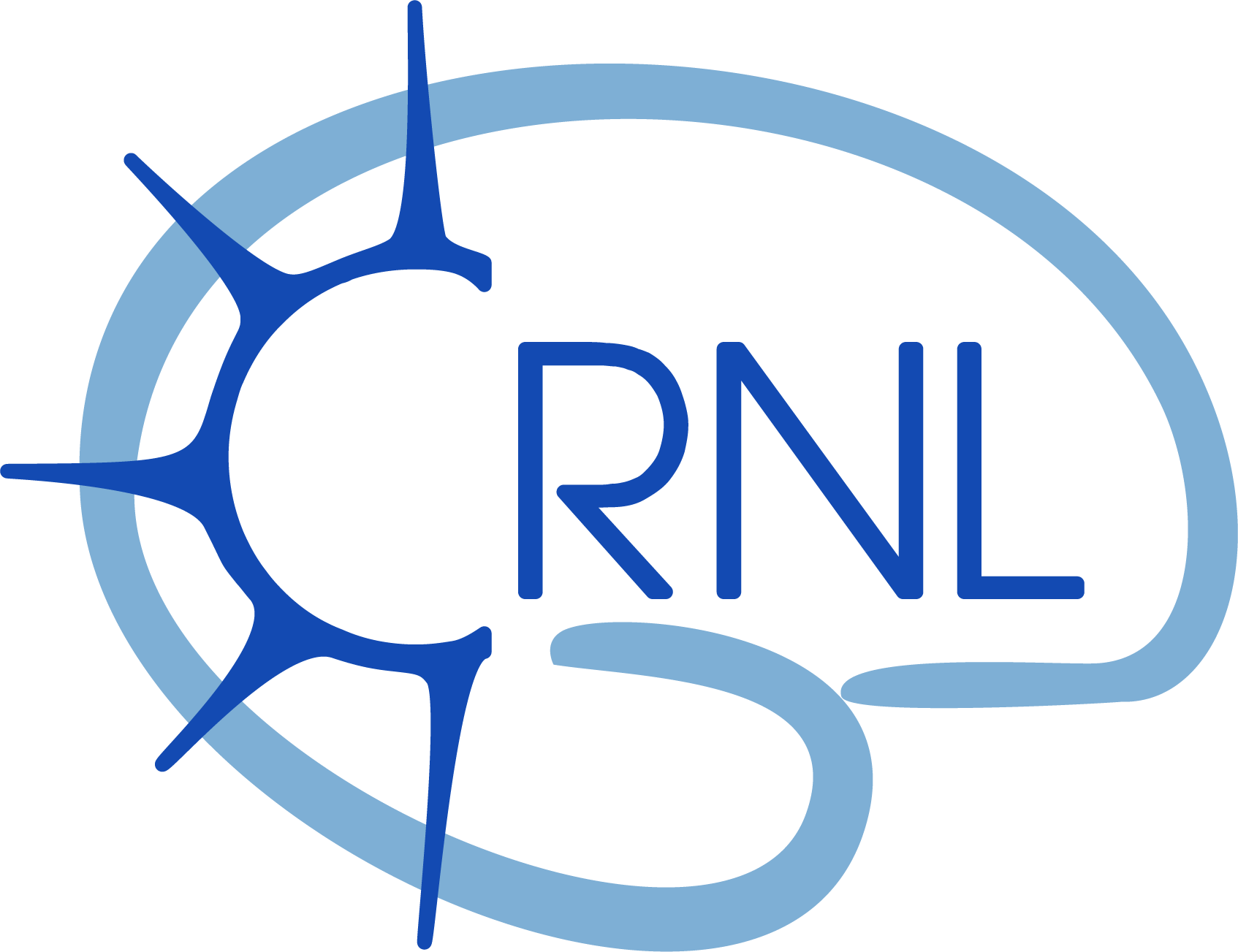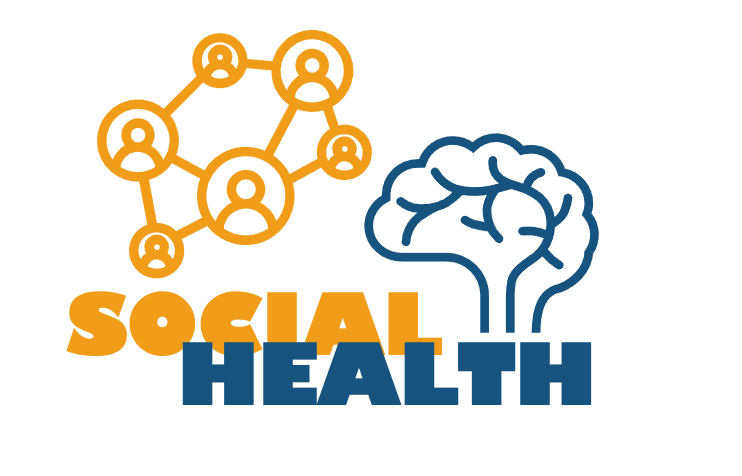A Generalizable Multivariate Brain Pattern for Interpersonal Guilt
Résumé
Abstract Feeling guilty when we have wronged another is a crucial aspect of prosociality, but its neurobiological bases are elusive. Although multivariate patterns of brain activity show promise for developing brain measures linked to specific emotions, it is less clear whether brain activity can be trained to detect more complex social emotional states such as guilt. Here, we identified a distributed guilt-related brain signature (GRBS) across two independent neuroimaging datasets that used interpersonal interactions to evoke guilt. This signature discriminated conditions associated with interpersonal guilt from closely matched control conditions in a cross-validated training sample (N = 24; Chinese population) and in an independent test sample (N = 19; Swiss population). However, it did not respond to observed or experienced pain, or recalled guilt. Moreover, the GRBS only exhibited weak spatial similarity with other brain signatures of social-affective processes, further indicating the specificity of the brain state it represents. These findings provide a step toward developing biological markers of social emotions, which could serve as important tools to investigate guilt-related brain processes in both healthy and clinical populations.
Domaines
Médecine humaine et pathologie| Origine | Fichiers produits par l'(les) auteur(s) |
|---|---|
| licence |





